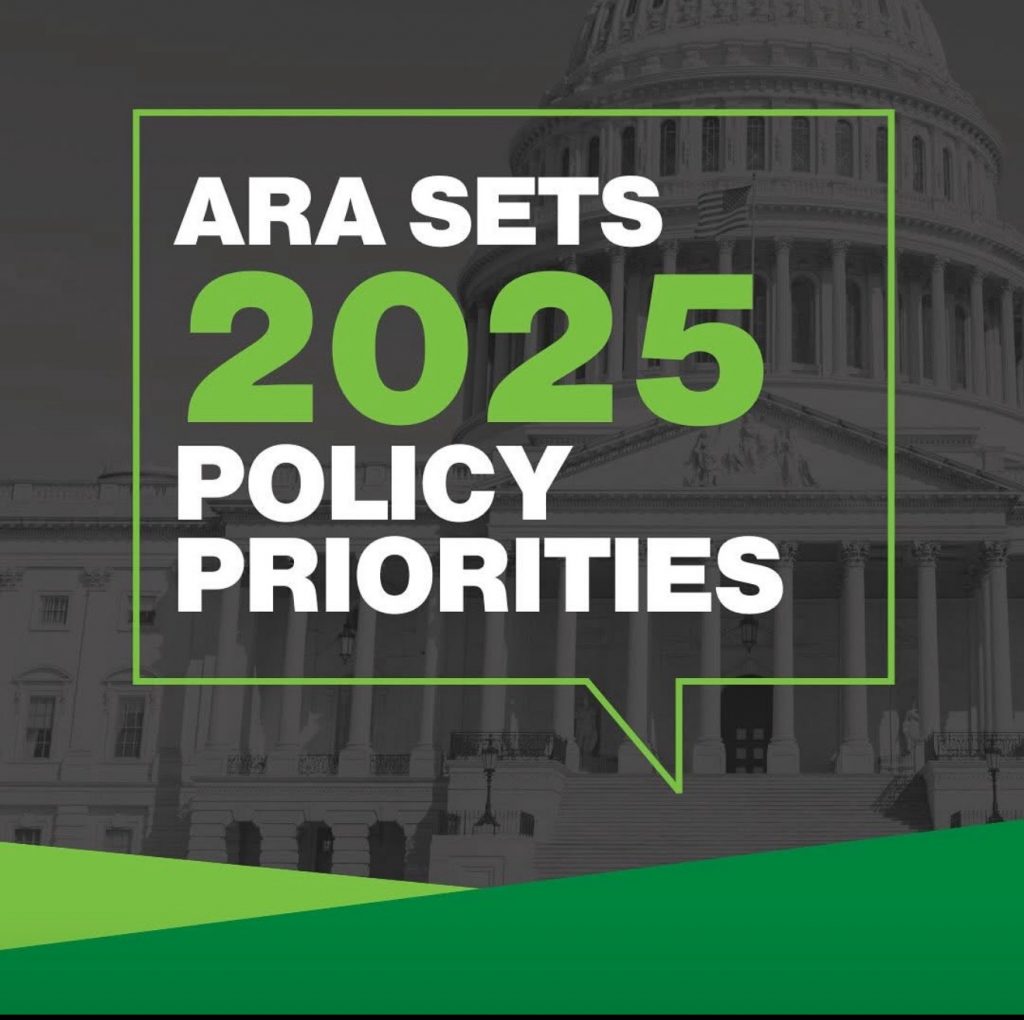
At the Washington Watch in Washington, D.C., Oklahoma Farm Report’s Maci Carter had the chance to speak with Richard Gupton, Senior Vice President for Public Policy & Counsel at the Ag Retailers Association (ARA.).
The ARA is based in Washington and represents the interests of ag retailers and distributors throughout the nation. As the representative voice, ARA recently penned a letter to Health & Human Services Secretary Robert F. Kennedy, Jr., regarding the Make America Healthy Again campaign.
“The concern is that they may be short-sighted and ban critical pesticide products in their decision making, so we just want to make sure that those tools remain available and that they use, scientific risk-based decisions and follow the law, because the agricultural industry has been making America healthy for years,” Guton explained.
He pointed out how agricultural practices utilize modern technologies to ensure that the safest, most abundant, and lowest-cost foods are being provided for both American consumers and global consumers. He reiterated that the letter was sent to explain the importance of those tools to agricultural production in hopes of preventing knee-jerk decisions to ban them.

He described that most major issues for ARA clients are related to obtaining certainty through the extension of tax provisions, the passage of a multi-year farm bill, surface transportation reauthorization to maintain roads and highways, and promoting biofuels.
“We think that’s win-win for America, for the American agricultural industry, and for rural communities,” Gupton stated. “It will create certainty and long-term financial stability for our industry.”
Farm bill priorities for the ARA include continued investment in a strong crop insurance program, robust conservation programs that allow for working lands, and regulatory certainty on pesticide policies.
“We want to make sure there’s not junk science put on the label,” Gupton detailed. “You see the issues going on in California as they try to put science and data that is inconsistent with the EPA’s findings on the labels.”
When discussing his concerns with the new Trump administration, Gupton mentioned tariff policies at the top of the list. “There has been a lot of volatility and movement on that issue,” he said.
He listed the action on the USMC agreement as a positive step and explained that it means that any product made in Canada or Mexico can enter the U.S. without tariffs. “We heavily rely on potash from Canada,” he said. “Even though there is a ten percent base on tariffs globally with other countries, there is a pause on that, so we are hopeful there will be some trade deals that will be good for America, good for production agriculture to open up trading marketplaces, and the administration seems to be listening. We have had good conversations with them.”
Regarding budget reconciliation, Gupton said that the House’s committee process is underway. “The House Transportation Committee voted and approved their portion of it, and the other committees are doing as well. Our understanding is they’re supposed to have four votes on the House by Memorial Day this weekend. They are on track. The Senate would like to get work done as well, and hopefully, on track to get a tax bill to the President’s desk by July 4th. That is a pretty aggressive timeframe, but it has to be done. It is a priority because if they don’t get this stuff done by the summertime, it will be more difficult this fall. The deadline is to get it done by the end of this year.”
ARA is pushing its membership body to engage their lawmakers to speed the process along while requesting tax certainty over tax reductions. “If they don’t get anything done, again, there is a massive tax burden on our members, on their farmer customers, and on rural communities that they can ill afford now with all of the economic issues that we’re having to deal with at the moment.”
To keep track of ARA’s efforts on Capitol Hill, Gupton advised listeners to subscribe to the e-newsletter and member alerts. “We encourage our members to get engaged with their local media, as well, because we are the voice here in Washington, D.C., but they have to be the leaders and the voice within their community. If they don’t speak up, our members don’t speak up, farmers don’t speak up, who is going to?” He compelled. “As we say, ‘If you’re not at the table, you are on the menu.’ So we are engaged every day with lawmakers and the agencies to make sure that they are protecting our freedom to operate and to make sure that we have a strong ag industry here in the United States.”
More information about the Ag Retailer’s Association can be found at aradc.org.

















